Collaboration Across UWCs: Differentiation Workshop at RCN
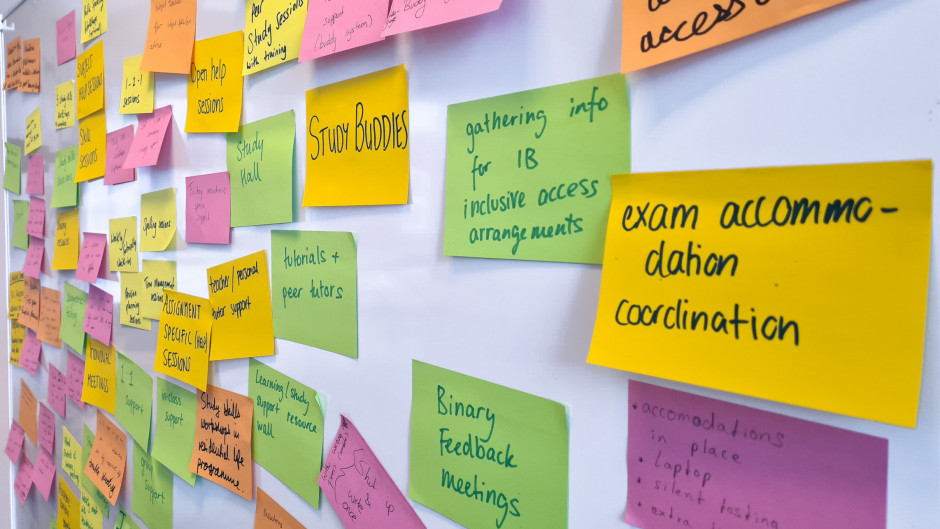 Collaboration across UWCs is often tricky to organise face-to-face, but for three days at UWCRCN, colleagues from Dilijan, Adriatic, Maastricht, and Robert Bosch gathered for a workshop on Differentiation in Approaches to Teaching and Learning (Learning Support).
Collaboration across UWCs is often tricky to organise face-to-face, but for three days at UWCRCN, colleagues from Dilijan, Adriatic, Maastricht, and Robert Bosch gathered for a workshop on Differentiation in Approaches to Teaching and Learning (Learning Support).
The workshop was planned and organised by the Learning Support Team from RCN and led by Suzanne Gaskell (Dilijan) and Miriam Nash (Adriatic). These expert facilitators employed differentiation strategies in their sessions, which ensured that all participants could be exposed to our biases, be reminded of the variety of student experiences, and learn at an appropriate pace.
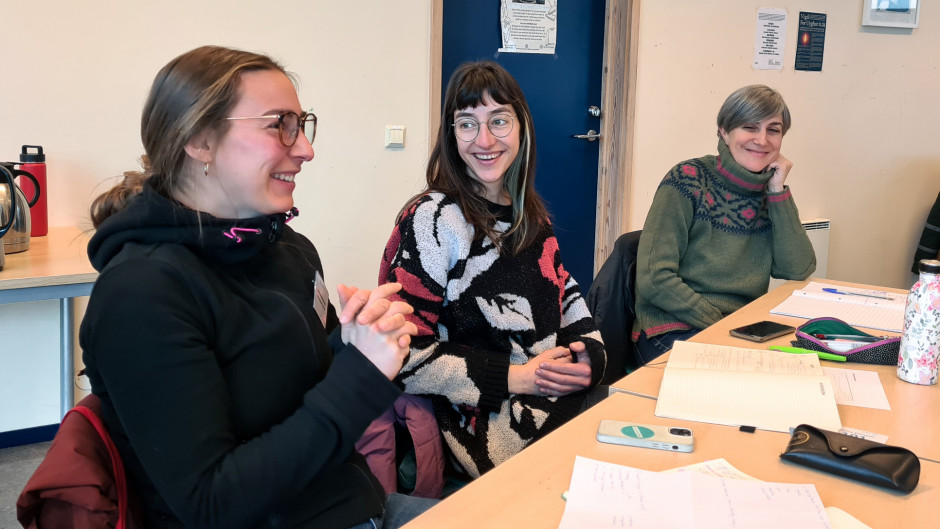
A range of topics and focus points were covered during the sessions, including sharing best practices, the social model of disability, case studies from different IB subject groups, and planning of collaborative ways forward. Two sessions were shared with the entire education staff at RCN.
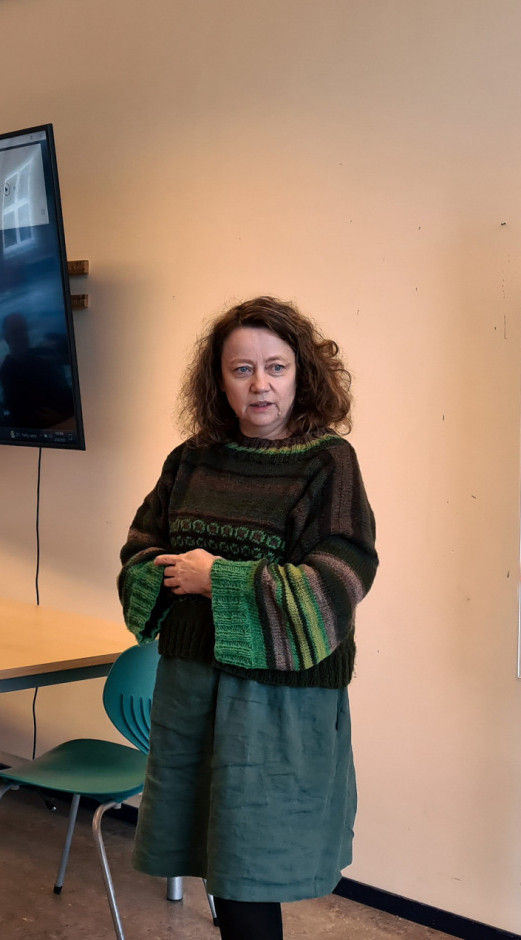
Perhaps the biggest lesson we will all takeaway is that it is not a student’s ‘condition,’ but instead, the student’s needs that should guide us in planning and teaching; creating opportunities for student autonomy are more likely to succeed than making assumptions about accessibility.
As hosts, RCN colleagues prepared a pizza social evening before the start of the workshop, took visiting colleagues hiking, swimming, and for yoga, and provided a campus tour and the chance to engage with RCN students and staff. Even the Northern Lights made a welcome appearance!
We are hugely excited to have played a small part in creating this professional and trusted network, and we know that all our students will benefit from the ideas for policy and practice that we shared. We all look forward to follow-up sessions hosted by one of our sister colleges!
Latest News
Graduation 2023: Celebrating the Graduates of UWC Red Cross Nordic
With a mix of emotions, we bid farewell to the exceptional graduates of UWC Red Cross Nordic, whose presence has left a permanent mark on our hearts and the fabric of our tight-knit [...]
Navigating Neutrality: Red Cross and Red Crescent Day at RCN
May 8th marked World Red Cross and Red Crescent Day, a day dedicated to recognizing the essential principles of voluntary service and neutrality. The Red Cross movement and UWC have formed a unique [...]
Council Meeting 2023: New Opportunities on the Horizon
Frants Bernstorff-Gyldensteen, Chair of the Council at UWC Red Cross Nordic, shared his thoughts on the Council Meeting that took place recently at the College. It was, as always fantastic to welcome our [...]

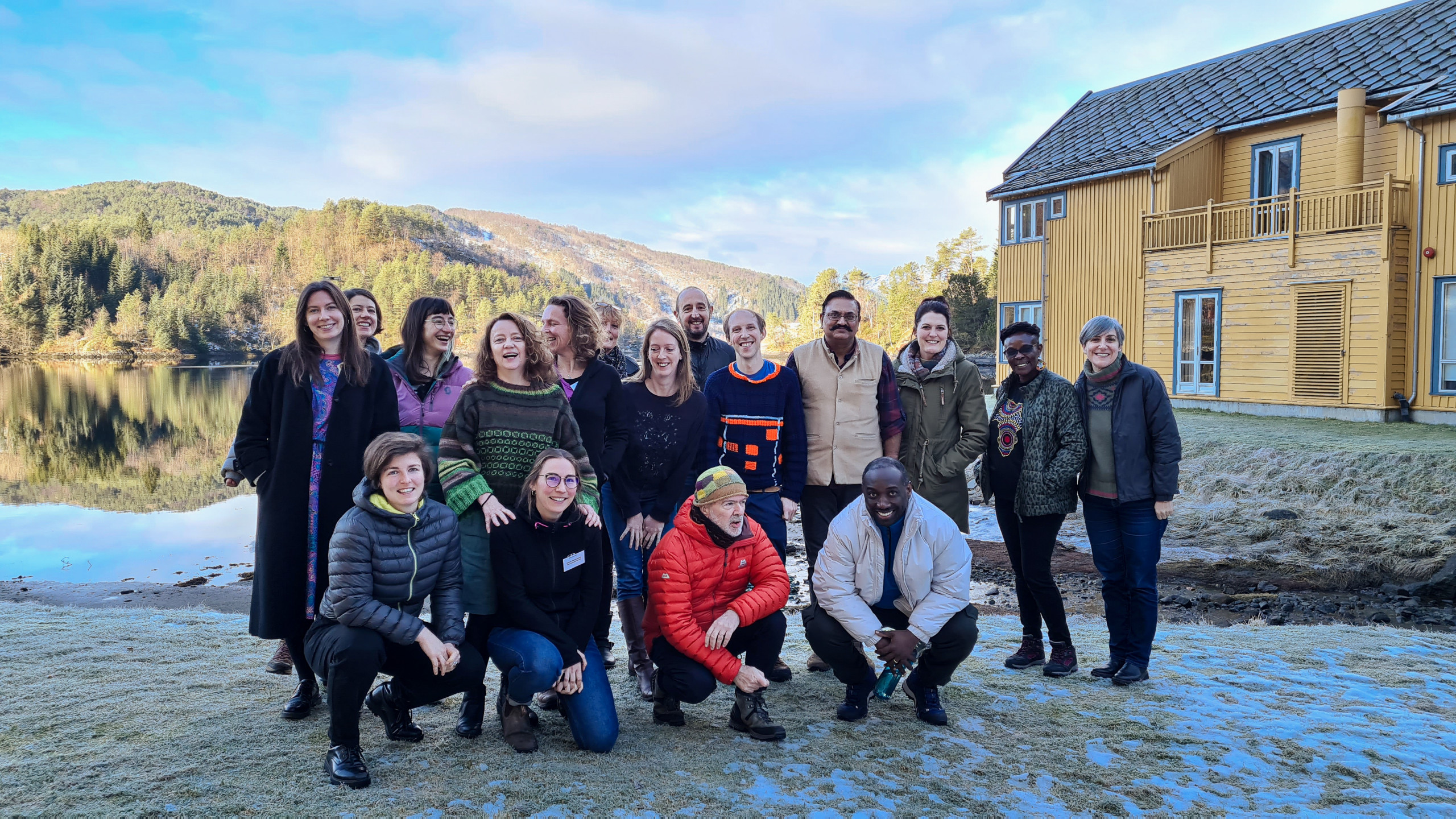


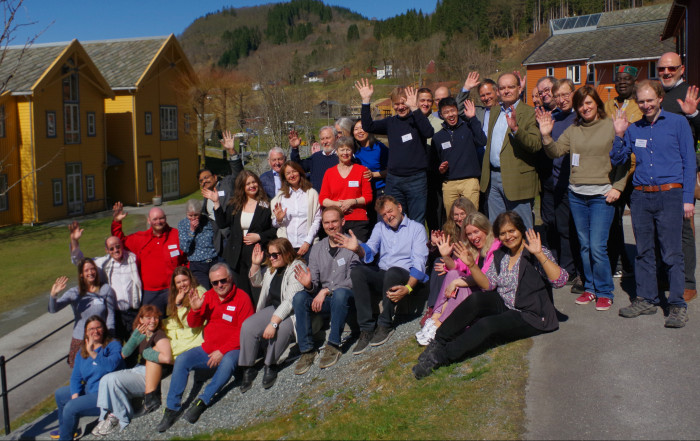
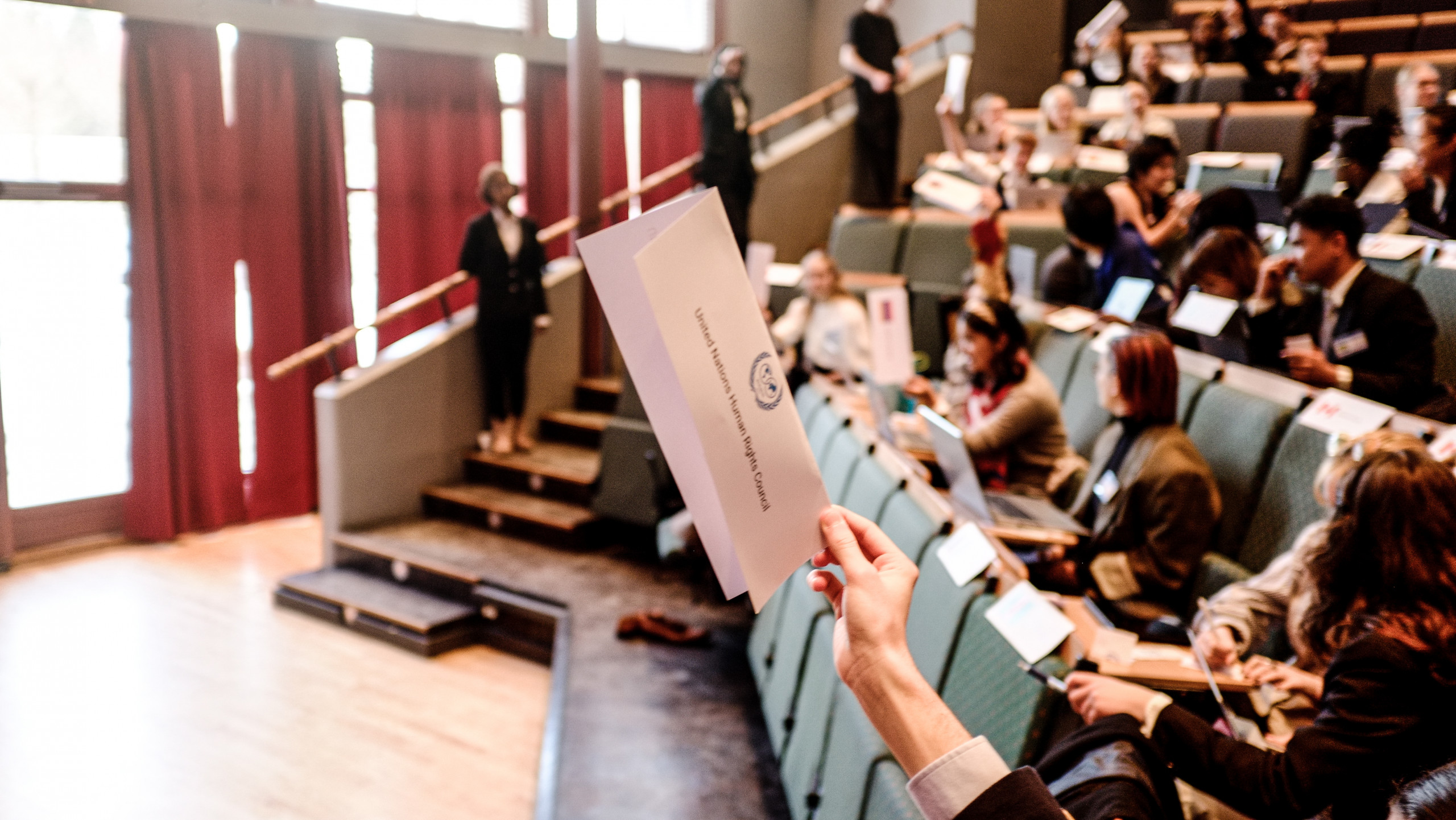
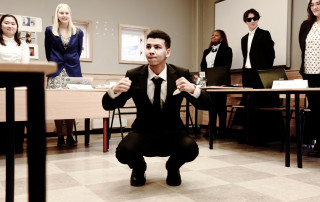
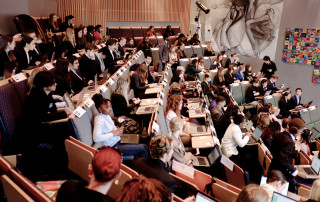
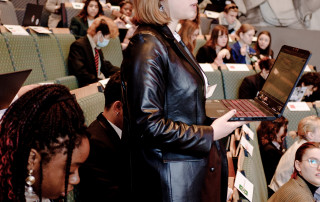
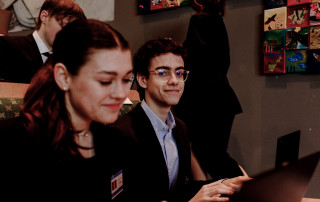
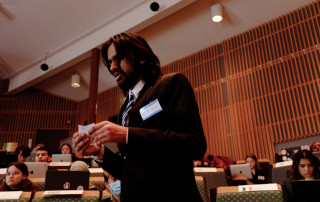
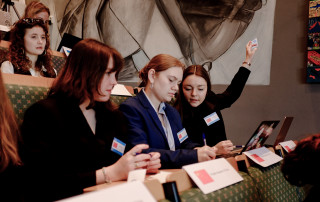
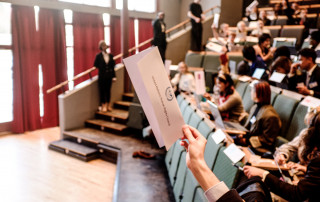
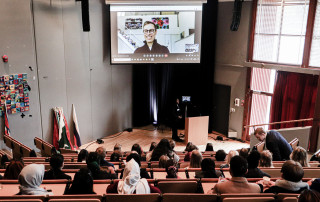
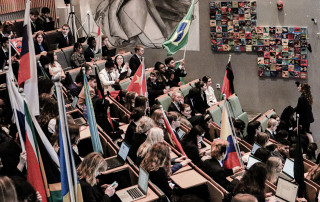
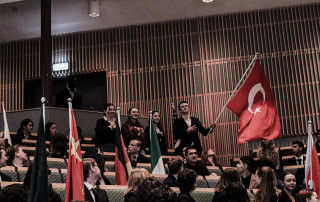
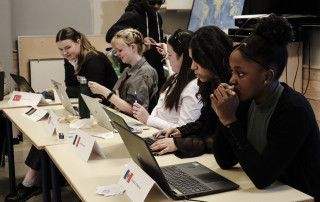
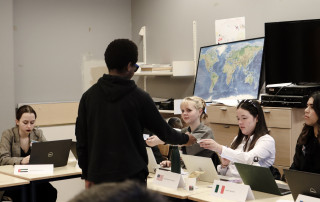
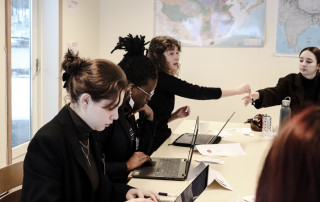
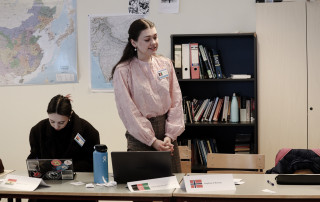
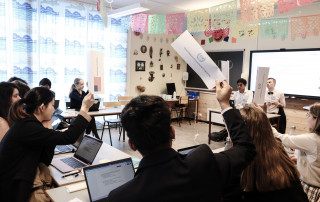
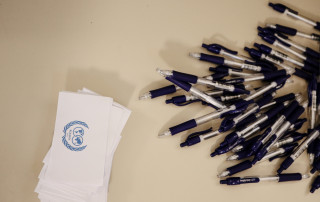
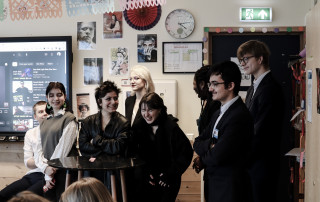
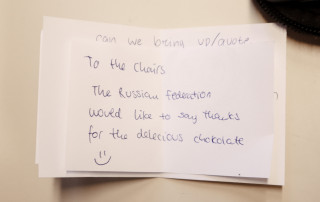
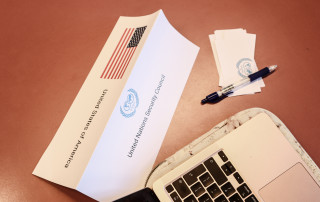
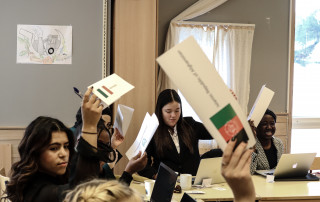
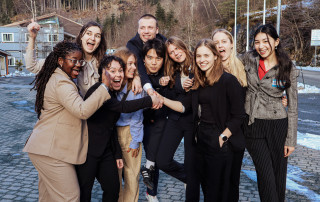
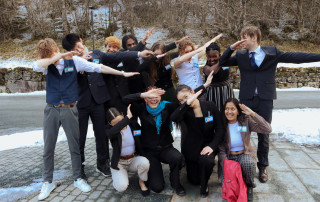
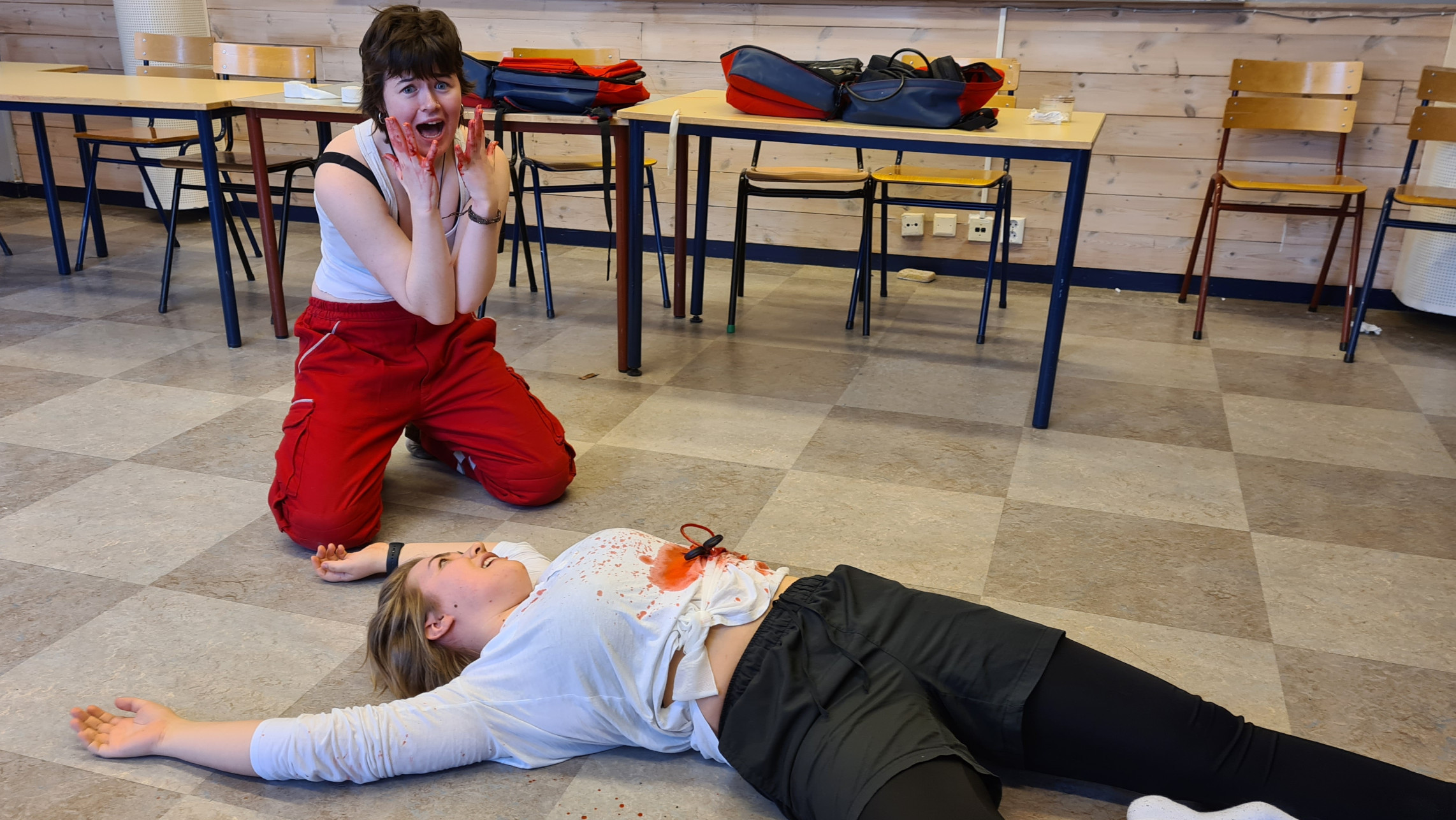
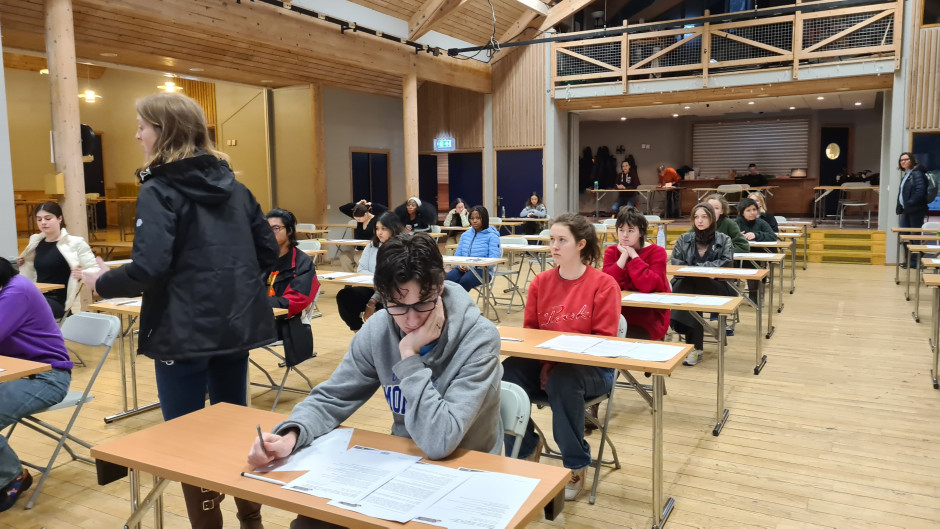
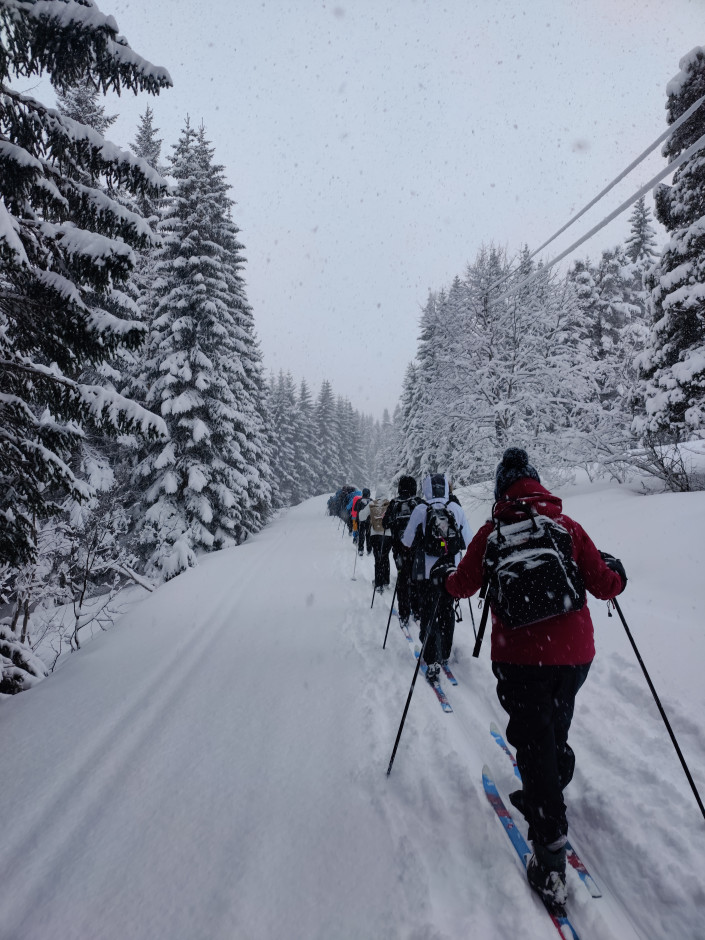
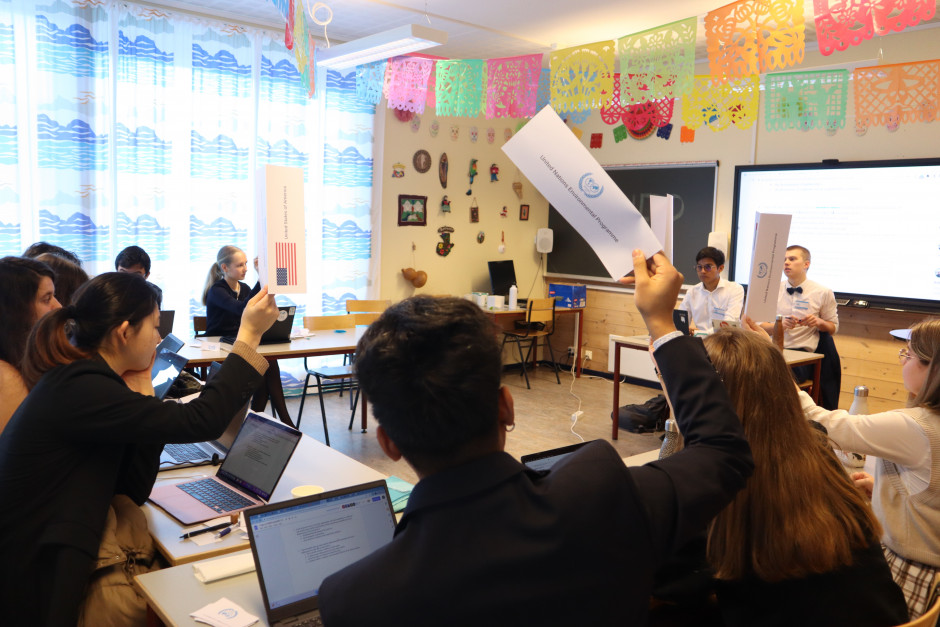 The conference was facilitated by a dedicated team of 2nd years, who poured their hearts and souls into making the experience interesting and fun. This year we had even more topics with the addition of more committees spread across the Security Council, as well a Historical Security that went back in time to solve some issues from 30 years ago, UN Women, the Economic and Social Council, the UN Office of Drugs and Crime, the UN Environmental Programme, the World Health Organisation, the UN High Commissioner for Refugees, the Human Rights Council, and the Special Conference.
The conference was facilitated by a dedicated team of 2nd years, who poured their hearts and souls into making the experience interesting and fun. This year we had even more topics with the addition of more committees spread across the Security Council, as well a Historical Security that went back in time to solve some issues from 30 years ago, UN Women, the Economic and Social Council, the UN Office of Drugs and Crime, the UN Environmental Programme, the World Health Organisation, the UN High Commissioner for Refugees, the Human Rights Council, and the Special Conference.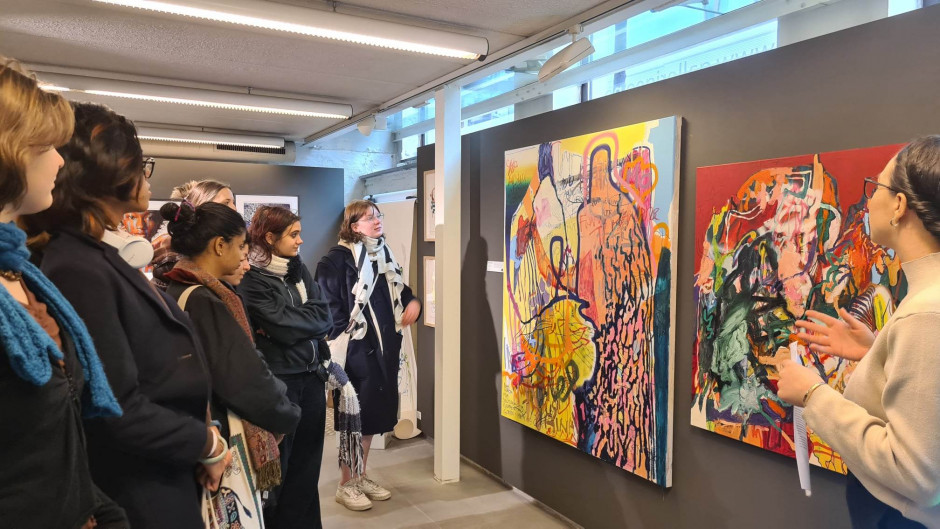
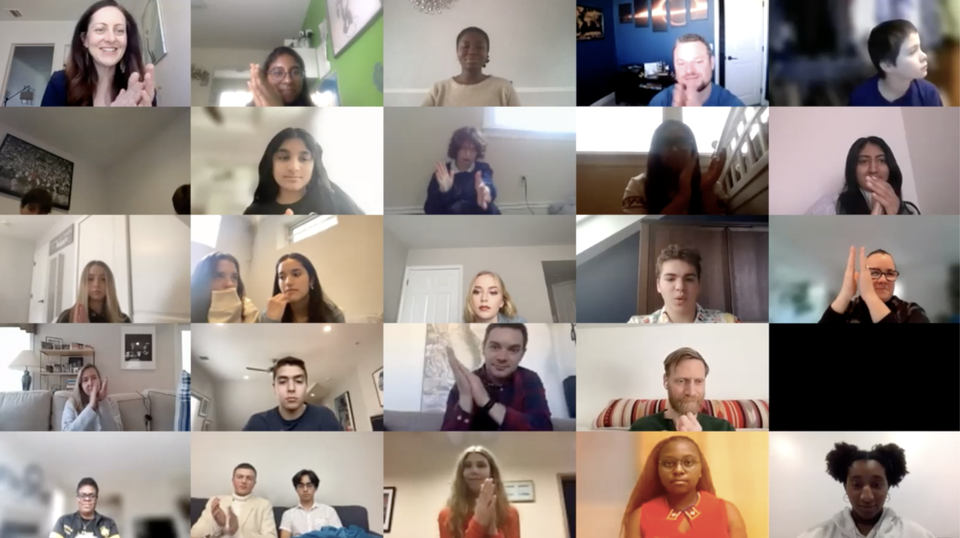
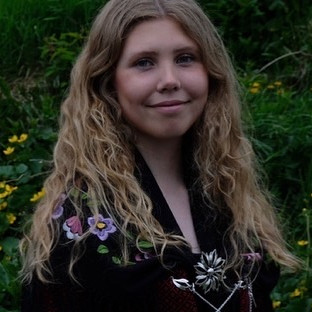
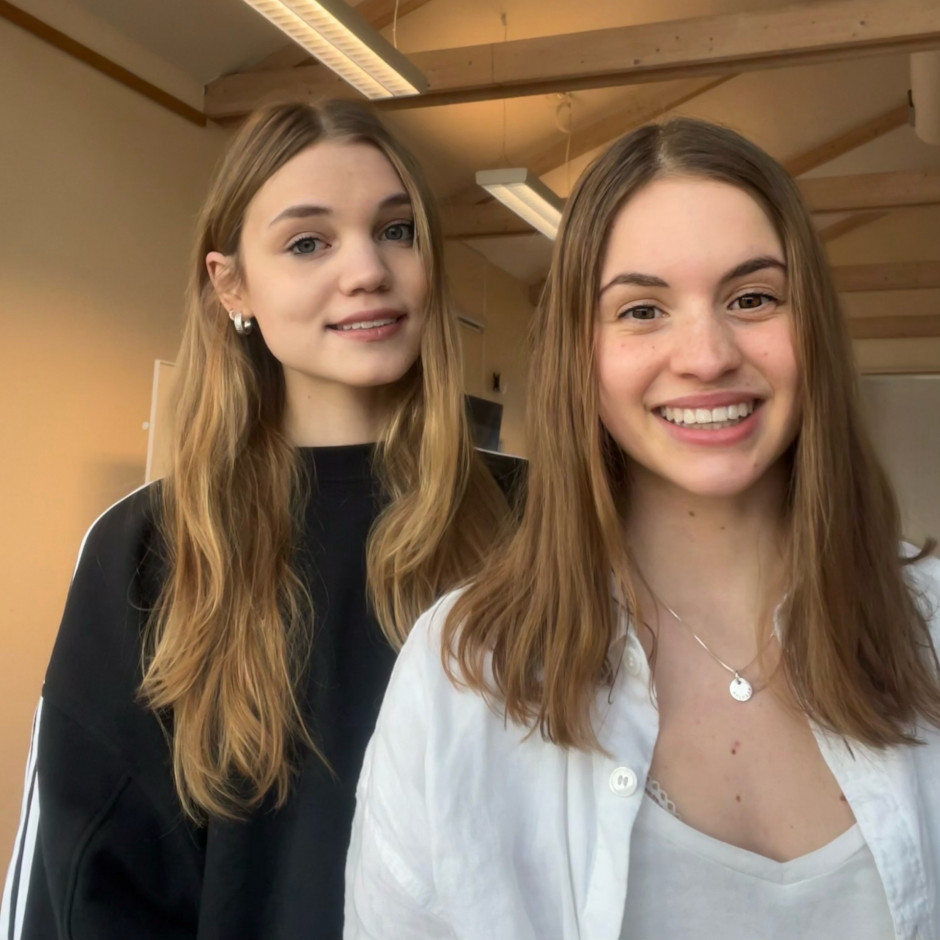 attacks and have to seek shelter when air raid sirens go off, the aim of the project is to equip these shelters with shelter kits. The kits will include First Aid kits, pain medicines, emergency blankets, and hygiene products for women. The goal is to assemble and deliver at least ten shelter kits to Valeria’s hometown Irpin, which was under occupation and suffered 70% destruction. (Valeriia Ivanova and Emily Gordon)
attacks and have to seek shelter when air raid sirens go off, the aim of the project is to equip these shelters with shelter kits. The kits will include First Aid kits, pain medicines, emergency blankets, and hygiene products for women. The goal is to assemble and deliver at least ten shelter kits to Valeria’s hometown Irpin, which was under occupation and suffered 70% destruction. (Valeriia Ivanova and Emily Gordon)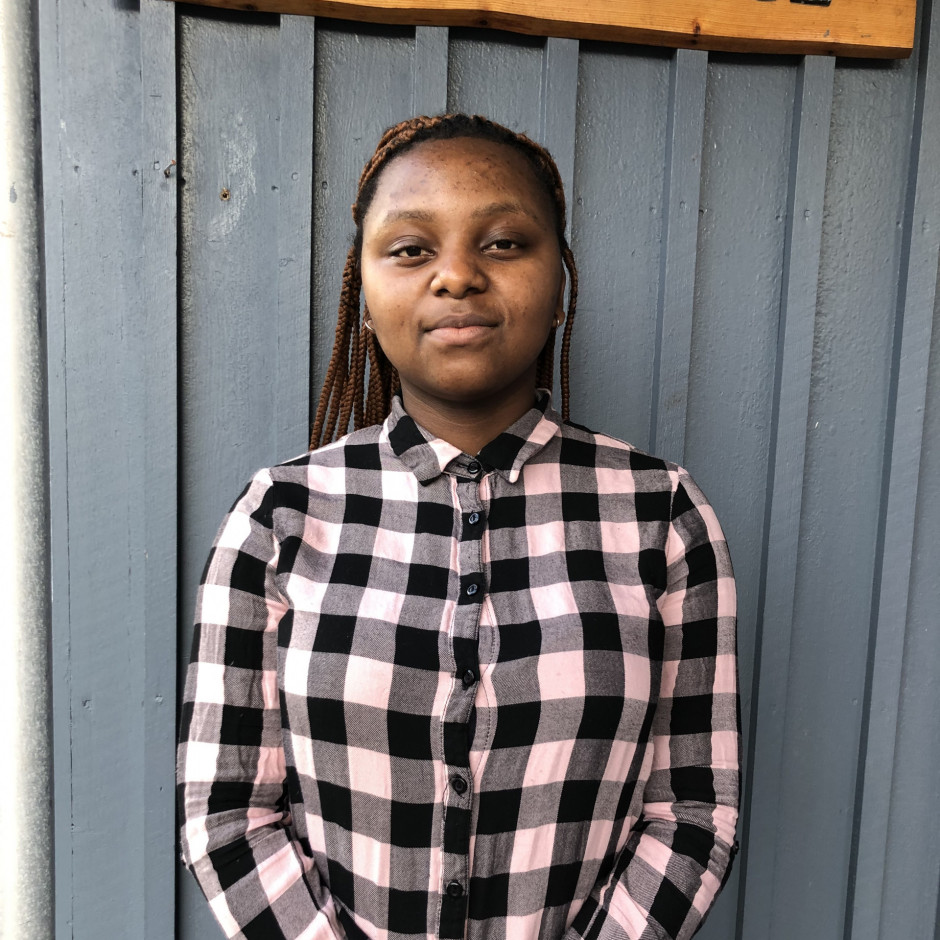
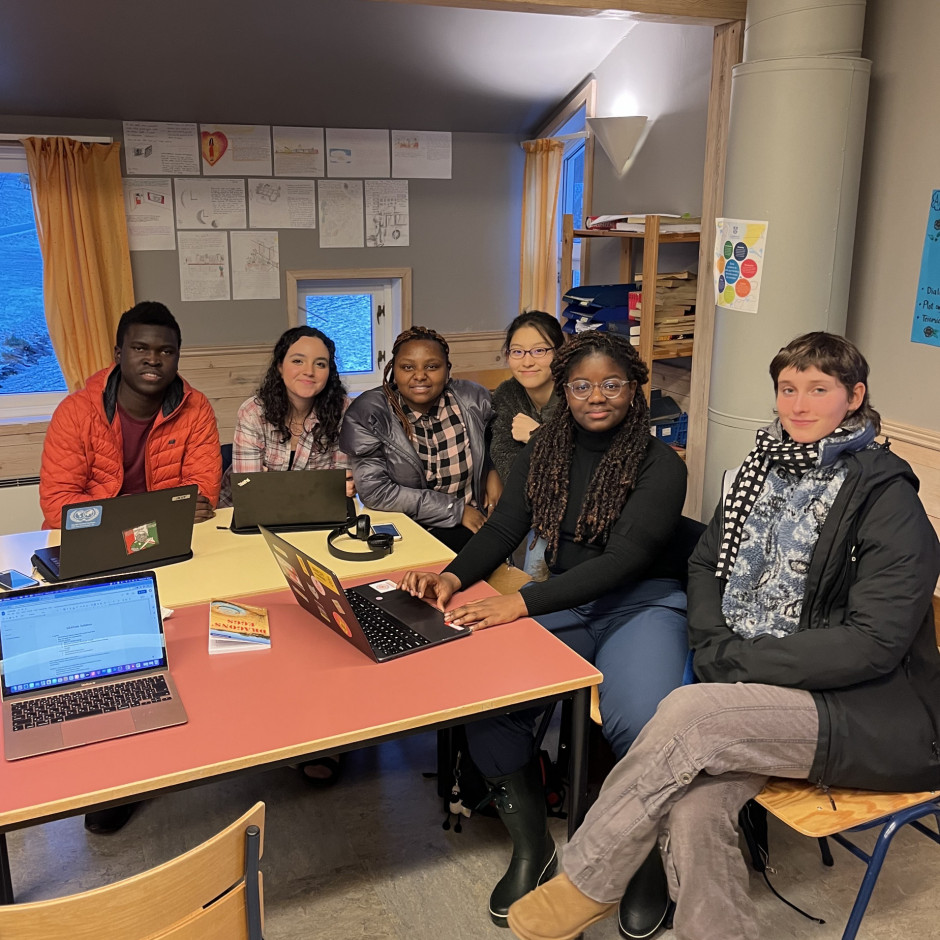 the world. (LEAF EAC)
the world. (LEAF EAC)